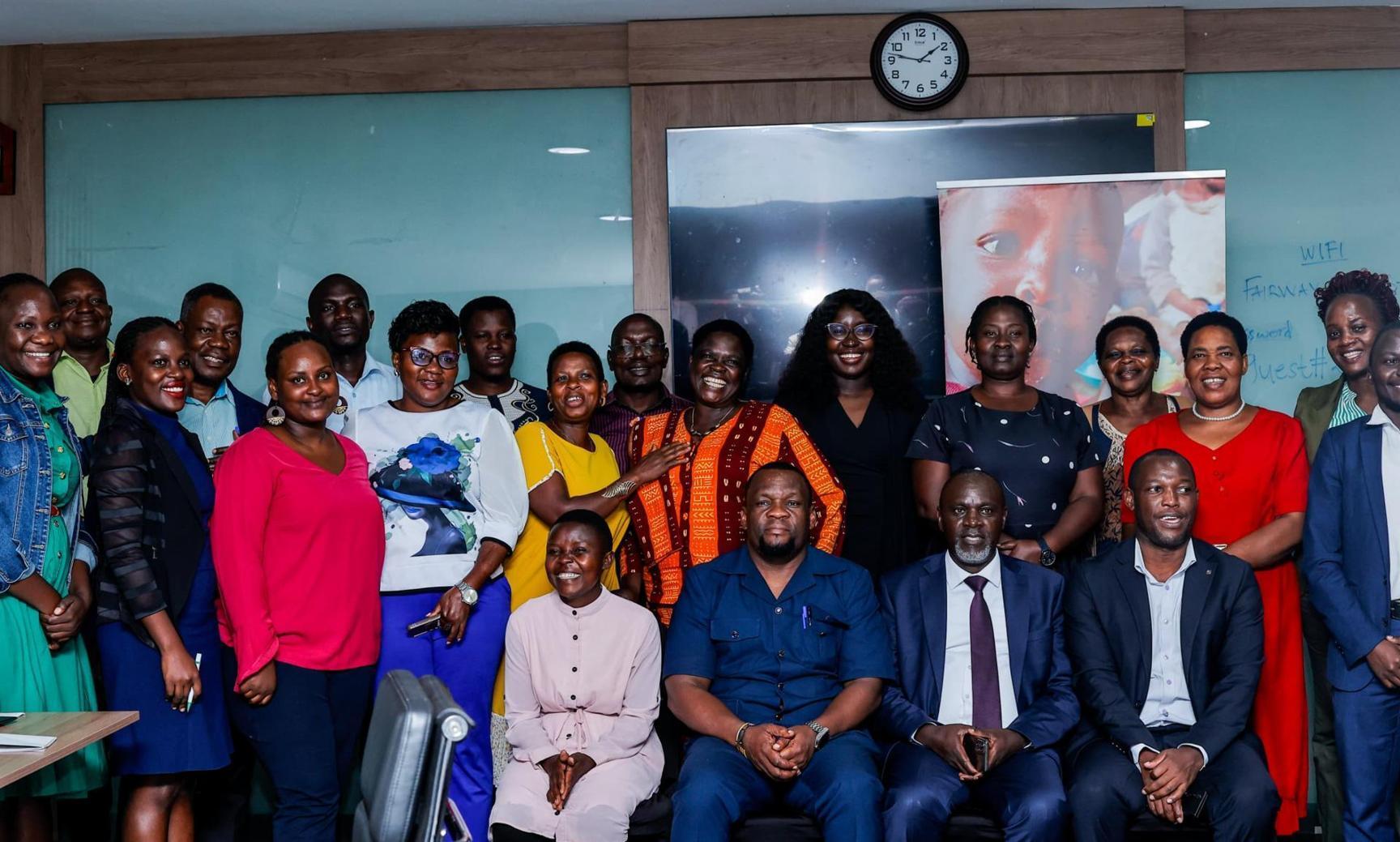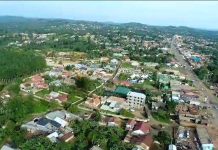Africa-Press – Uganda. The government has been tasked to urgently break silence on systemic and institutional reforms being taken to boost the coffee sub-sector both nationally and internationally.
The calls were made on Tuesday at Fairway Hotel as Food Rights Alliance (FRA) hosted different stakeholders in the coffee sub-sector to discuss the potential impacts of new reforms especially on women and smallholder coffee farmers.
The calls come at a time the Uganda Coffee Development Authority (UCDA) is being formally integrated into the Ministry of Agriculture, Animal Industry and Fisheries.
Amid the process, stakeholders are expressing concerns that the lack of public involvement and transparency is increasing anxiety among coffee farmers and rural communities.
Compounding this urgency is Uganda’s limited time to meet the European Union Deforestation Regulation (EUDR), which imposes strict environmental and traceability requirements on agricultural products, including coffee.
In 2023, the European Union implemented the regulation to curb deforestation and degradation linked to agricultural raw materials imported into the EU.
With only about 238 days remaining until the EU compliance deadline, experts caution that the country may jeopardise its access to vital export markets unless it takes prompt and inclusive action.
The regulation in question mandates that products such as coffee, wood, cocoa, palm oil, and soybeans, along with their derivatives, are free from deforestation and produced legally.
Speaking to journalists, Herbert Musimenta from the Department of Crop Inspection and Certification at the Ministry of Agriculture noted that the government has intensified the registration of coffee farmers to beat the deadline.
He also clarified that some farmers’ fears about registration being a ploy for taxation are unfounded, as this regulation is a requirement from the EU.
“The registration the ministry is undertaking is basically to support the market, because the European Union requires, Uganda to submit the production areas of where the coffee is coming from with clear traceability. So this has nothing to do with tax,” Musimenta said.
He also mentioned that the government is working to expand coffee markets beyond Europe.
“Whereas the EU is giving us the EU regulation that the farmers have to comply with, we have other markets for coffee and other products. We’ve already opened an axis in the Asia, the Middle East, and China. Specifically, they require huge quantities of coffee. So it’s incumbent upon the private sector to explore these markets and make sure that we utilize them because, actually, we could take more coffee to China than what we’re taking to the EU,” Musimenta said.
However, Gladys Nawere, a coffee farmer from Elgon region decried lack of enough sensitisation about the ongoing registration of coffee farmers.
“The sensitisation is not enough. In fact, if you went to the grassroots, very few women know about this ongoing registration and what it entails because there has not been enough or effective sensitisation about what it entail exactly,” she said.
She added, “Many are even shying away thinking there are going to be taxes that are coming to be levied upon the coffee. They’re even shying away from planting and also identifying themselves as coffee farmers.”
Meanwhile, Abed Bwanika, the legislator for Kimanya-Kabonera and also member of the Parliamentary Committee on Agriculture, expressed concerns regarding the decreasing budget allocation for the agricultural sector.
Bwanika expressed concerns that despite coffee being the sector’s backbone, the current funding is insufficient to enhance the crop production and realize Uganda’s agricultural potential.
“We are concerned that the money to the coffee sub-sector has gone down. When they removed the UCDA and they took the operations into the ministry, we thought that there will be more money into the coffee sub-sector. They are proposing Shs15bn for coffee seedlings, yet we have Shs49bn in terms of arrears for seedlings. We don’t see government coming out deliberately to improve production and to improve productivity, ” Bwanika said.
He urged the government to make heavy investments in coffee seedlings, fertilizers, and to provide farmers with the necessary resources to enable Uganda to compete in the global market.
“We are seeing one company that government is supporting, the Inspire Africa. We need to see the total plan for government in terms of value addition for coffee. We need to invest heavily in research to produce varieties that can produce varieties that are resilient so that we help our farmers to improve and continue to anchor ourselves as a nation that produces the best coffee.” Bwanika remarked.
According to Julian Amanya, a projects officer at FRA, the purpose of the engagement was to unite stakeholders in the coffee sector to discuss the future of the cash crop in Uganda, particularly as the Ministry of Agriculture is implementing various reforms following the rationalisation of the UCDA.
“So we decided to organize this event for the ministry to tell us where the money for the coffee service delivery is because since the silence has been so much, stakeholders ought to know where that money is allocated in the budget,” Amanya said.
She also tasked the government to urgently address Uganda’s progress in meeting the European Union’s deforestation directive, with less than a year remaining for compliance.
“We know they’re taking a registration, and we know over 21% of the farmers have been registered. We’d like to know, is the timeline remaining enough for us, or we negotiate for more time for us to ensure that our farmers are compliant to all those directions.” Amanya said.
For More News And Analysis About Uganda Follow Africa-Press






